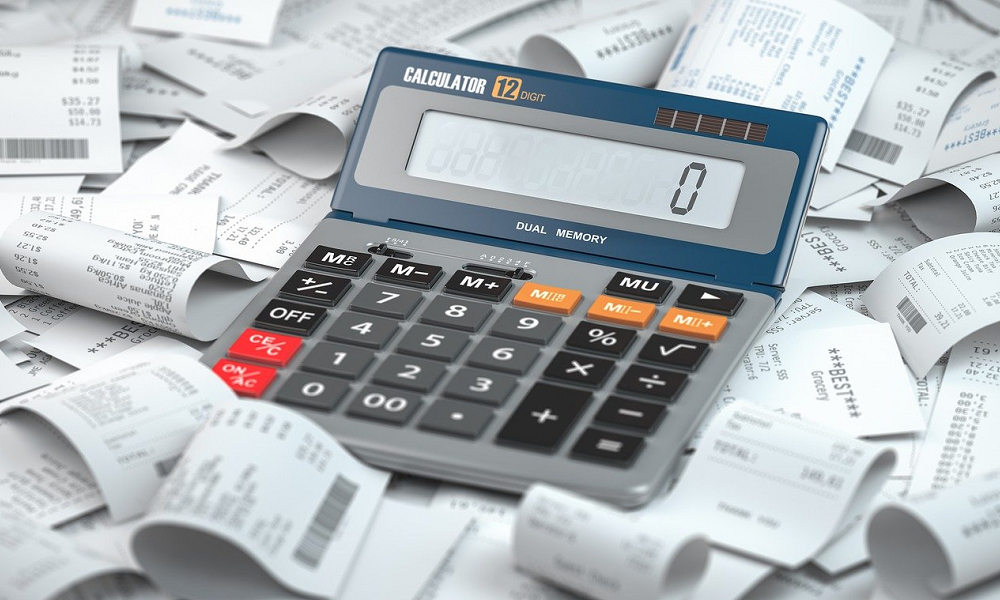Managing personal finances can be a challenging task, especially when you have multiple expenses, savings goals, and debts to keep track of. A personal finance calculator is an essential tool that simplifies budgeting and helps you make informed financial decisions. Whether you’re trying to save for a big purchase, pay off debt, or simply manage your monthly expenses better, a personal finance calculator can be your best ally. Below are the top 10 benefits of using a personal finance calculator for budgeting.
1. Accurate Financial Calculations
One of the biggest advantages of using a personal finance calculator is its ability to perform accurate calculations quickly. Manual calculations often lead to errors, especially when dealing with complex formulas like interest rates or loan payments.
- Personal finance calculators eliminate human error by providing precise results.
- They allow you to input various variables such as income, expenses, interest rates, and repayment periods.
- You can calculate things like monthly budgets, loan repayments, or savings growth without worrying about mistakes.
For example: If you’re calculating how much you’ll save in five years with compound interest, the calculator will give you an exact figure based on your inputs. This saves time and ensures accuracy.
2. Simplifies Budgeting
Budgeting can feel overwhelming when you have multiple categories like rent, groceries, transportation, entertainment, and savings to manage. A personal finance calculator simplifies this process by organizing your finances into clear sections.
- It allows you to allocate your income into different expense categories.
- You can easily see where your money is going each month.
- Some calculators even provide visual charts or graphs for better understanding.
By simplifying budgeting: You gain clarity on how much you’re spending versus saving and identify areas where you might need to cut back.
3. Helps Track Spending Habits
A personal finance calculator helps you monitor your spending habits over time. Tracking where your money goes is crucial for improving financial discipline.
- You can categorize expenses (e.g., fixed costs like rent vs variable costs like dining out).
- Identify patterns in overspending or unnecessary purchases.
- Set limits for specific categories and stick to them.
For instance: If you notice that you’re spending too much on dining out every month compared to groceries, the calculator will highlight this trend so that you can adjust accordingly.
4. Supports Long-Term Financial Planning
Planning for long-term goals such as buying a house or retiring comfortably requires careful financial planning. A personal finance calculator makes it easier to plan ahead by projecting future outcomes based on current inputs.
- Calculate how much you’ll need to save monthly for retirement.
- Plan for major life events like weddings or vacations by setting realistic savings targets.
- Estimate how long it will take to pay off debts completely.
With these projections: You gain confidence in achieving long-term goals because the numbers are clear and actionable.

5. Debt Management Made Easy
Debt management is one of the most stressful aspects of personal finance. Whether it’s credit card debt or student loans, managing repayments effectively is key to avoiding financial strain. A personal finance calculator helps simplify debt management:
- Calculate monthly payments required to pay off loans within a specific timeframe.
- Compare different repayment strategies (e.g., snowball vs avalanche methods).
- Understand how extra payments affect overall interest costs and loan duration.
For example: If you’re paying off a $10,000 loan at 6% interest over five years but want to pay it off sooner by adding $100 extra per month, the calculator will show exactly how much time and money you’ll save.
6. Improves Savings Goals
Saving money consistently is easier said than done without proper tools in place. Personal finance calculators help improve savings habits by showing progress toward goals clearly:
- Set specific savings targets (e.g., emergency fund worth three months’ expenses).
- Visualize how small contributions add up over time through compound interest.
- Adjust contributions based on changes in income or expenses.
By tracking progress: You stay motivated because every dollar saved feels meaningful when it’s part of a larger goal.
7. Assists With Investment Decisions
Investing wisely requires understanding potential returns and risks associated with different options like stocks or mutual funds. Personal finance calculators assist with investment planning:
- Calculate expected returns based on initial investments and annual growth rates.
- Compare different investment options side-by-side before making decisions.
- Understand compounding effects over long periods (e.g., retirement accounts).
For example: If you’re deciding between two mutual funds offering different annual returns but varying fees attached—using an investment-focused calculator clarifies which option aligns better with your goals!
8. Reduces Financial Stress
Financial stress often stems from uncertainty about whether you’re managing money correctly—or if unexpected emergencies could derail plans entirely! Using reliable tools alleviates anxiety significantly:
Key Points:
- Knowing exact figures reduces guesswork around affordability questions (“Can I afford X?”).
- Emergency fund planning becomes seamless since calculators show realistic timelines needed till fully funded reserves exist!
- Peace-of-mind increases knowing all bases covered via structured frameworks/tools provided!